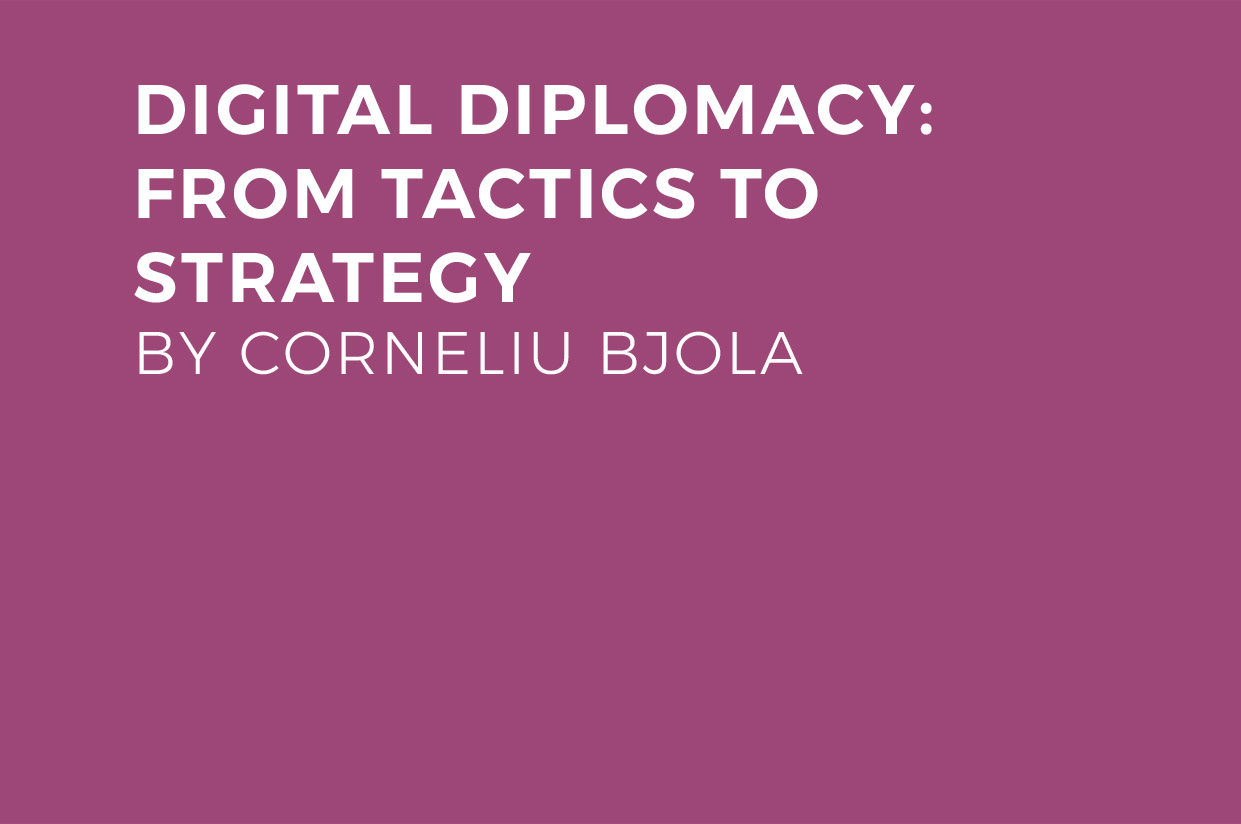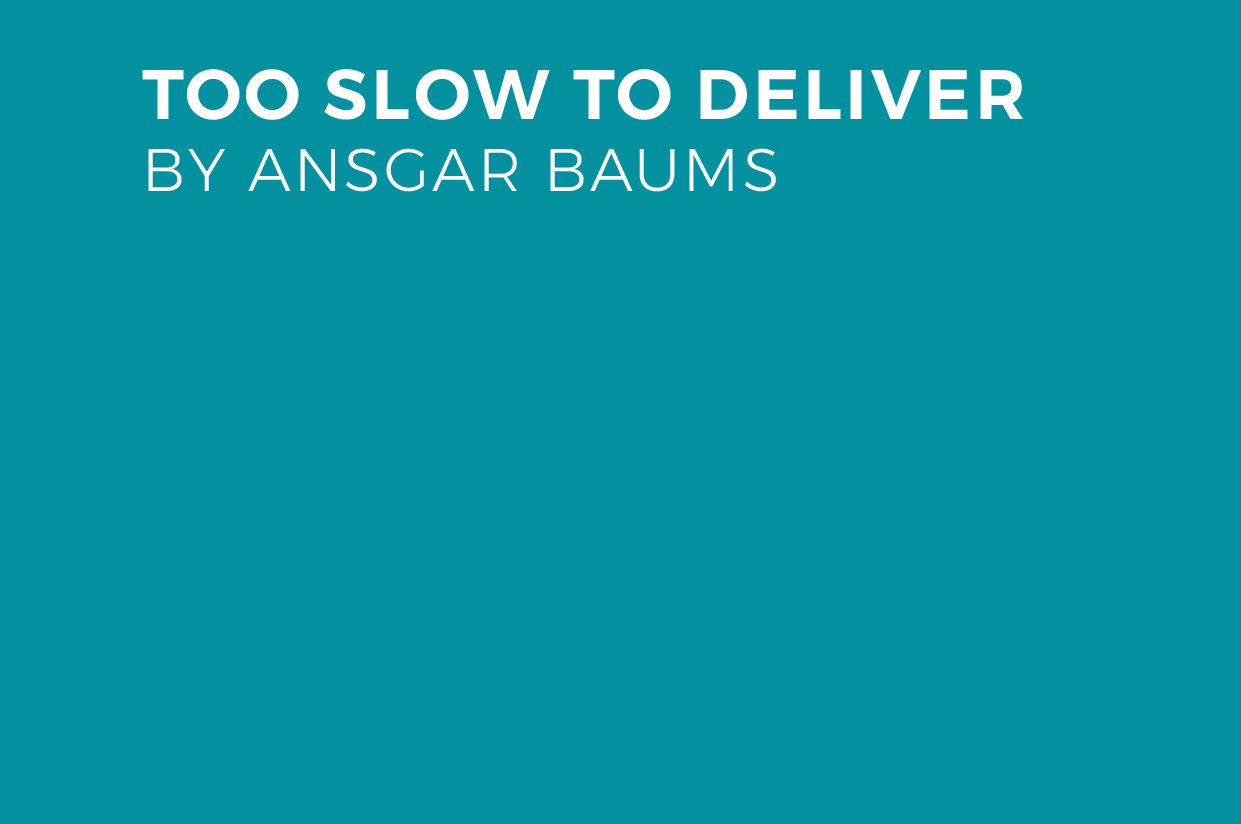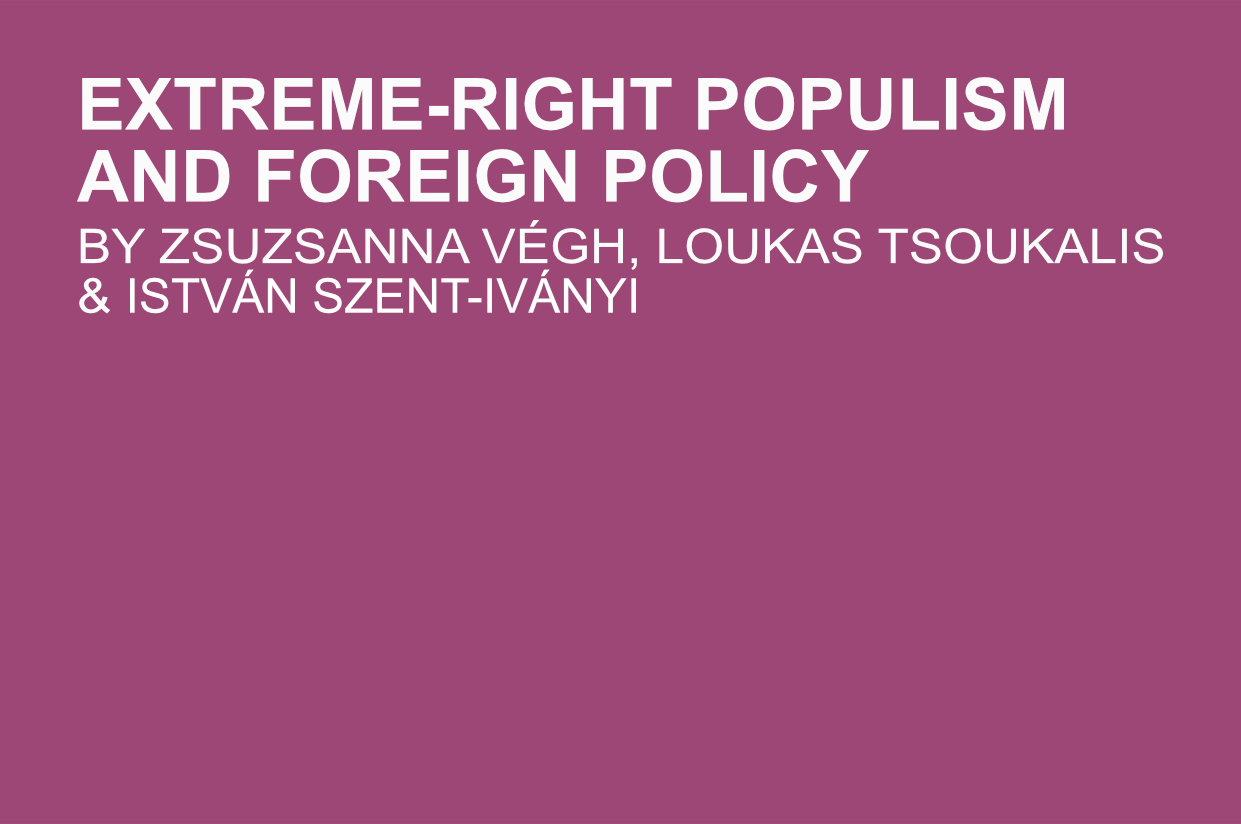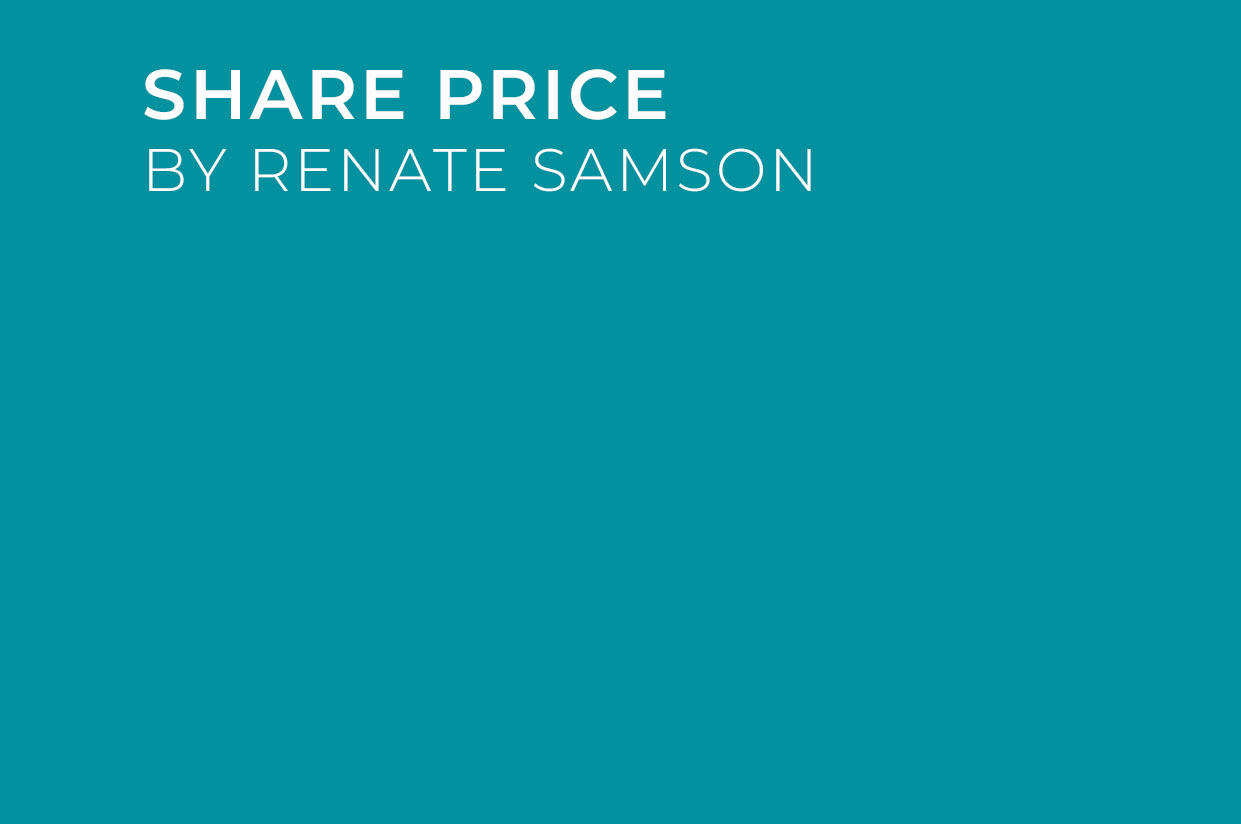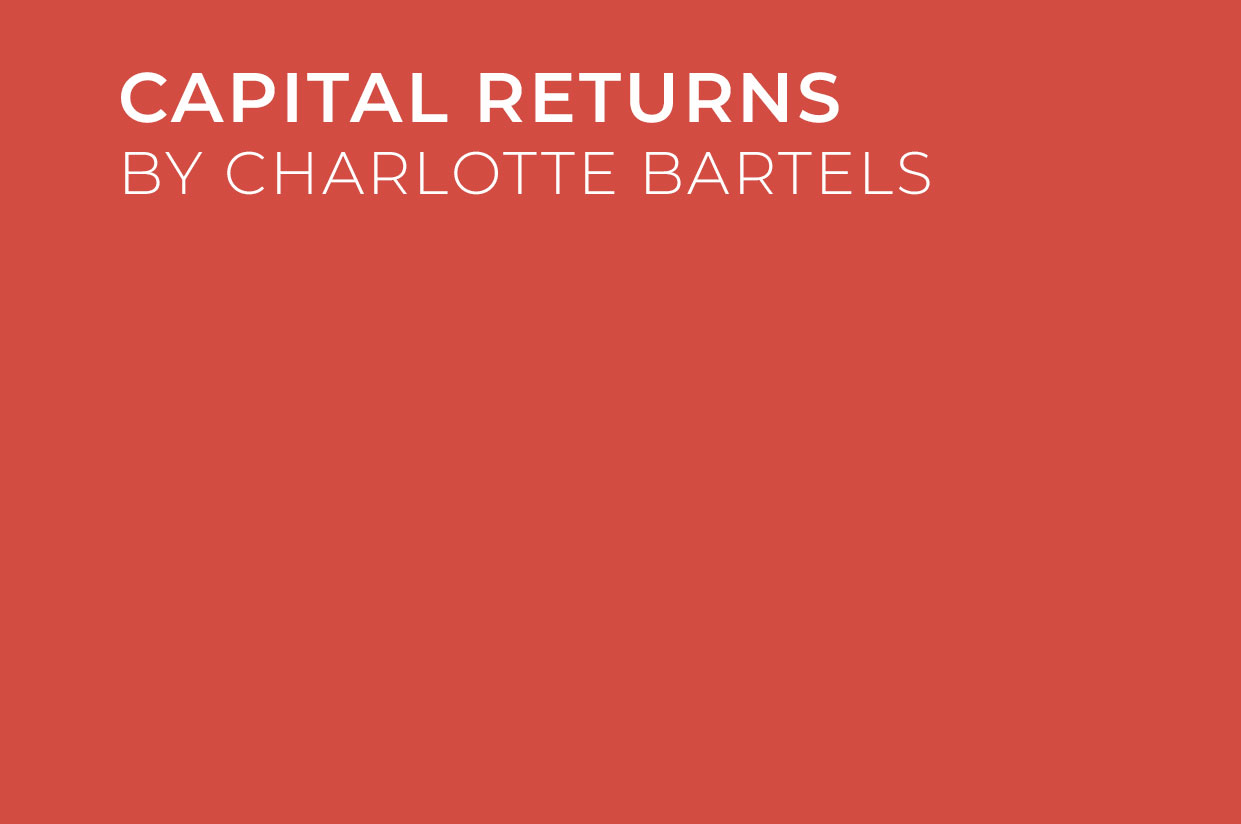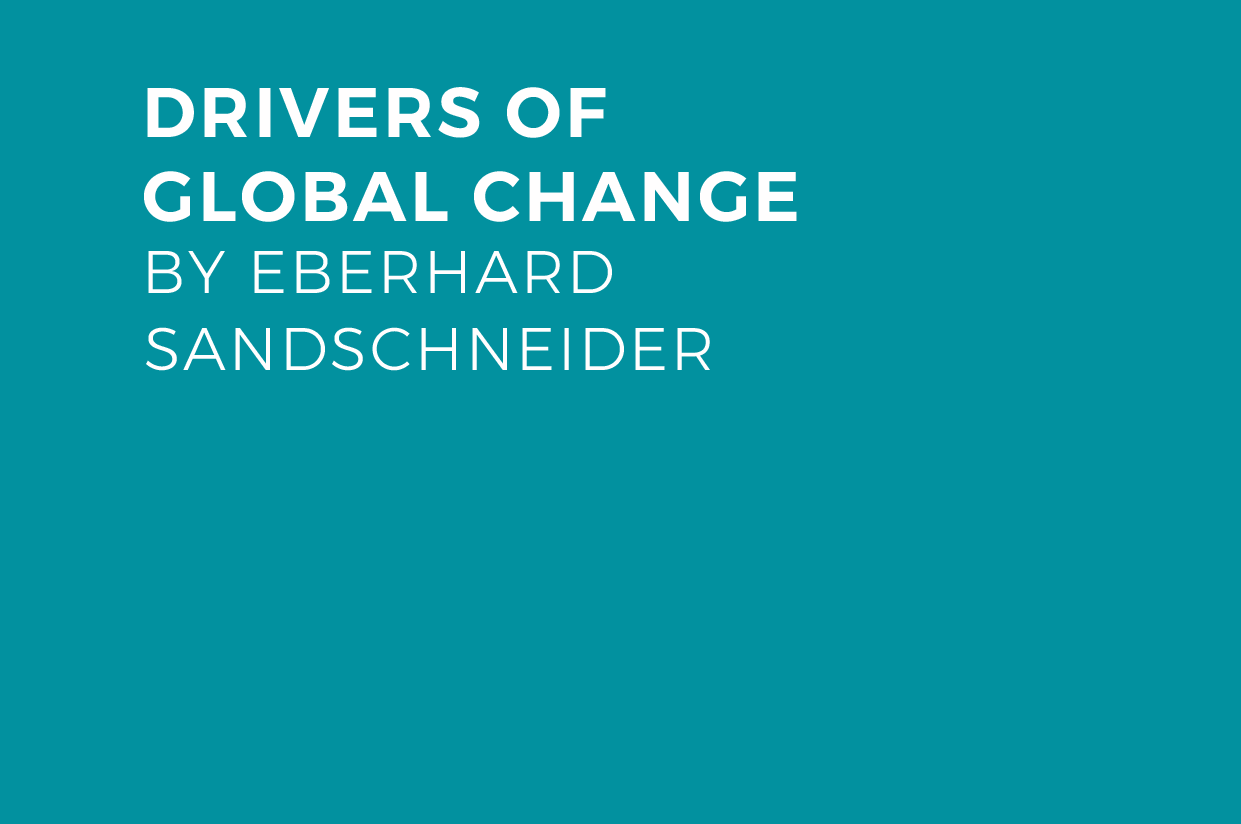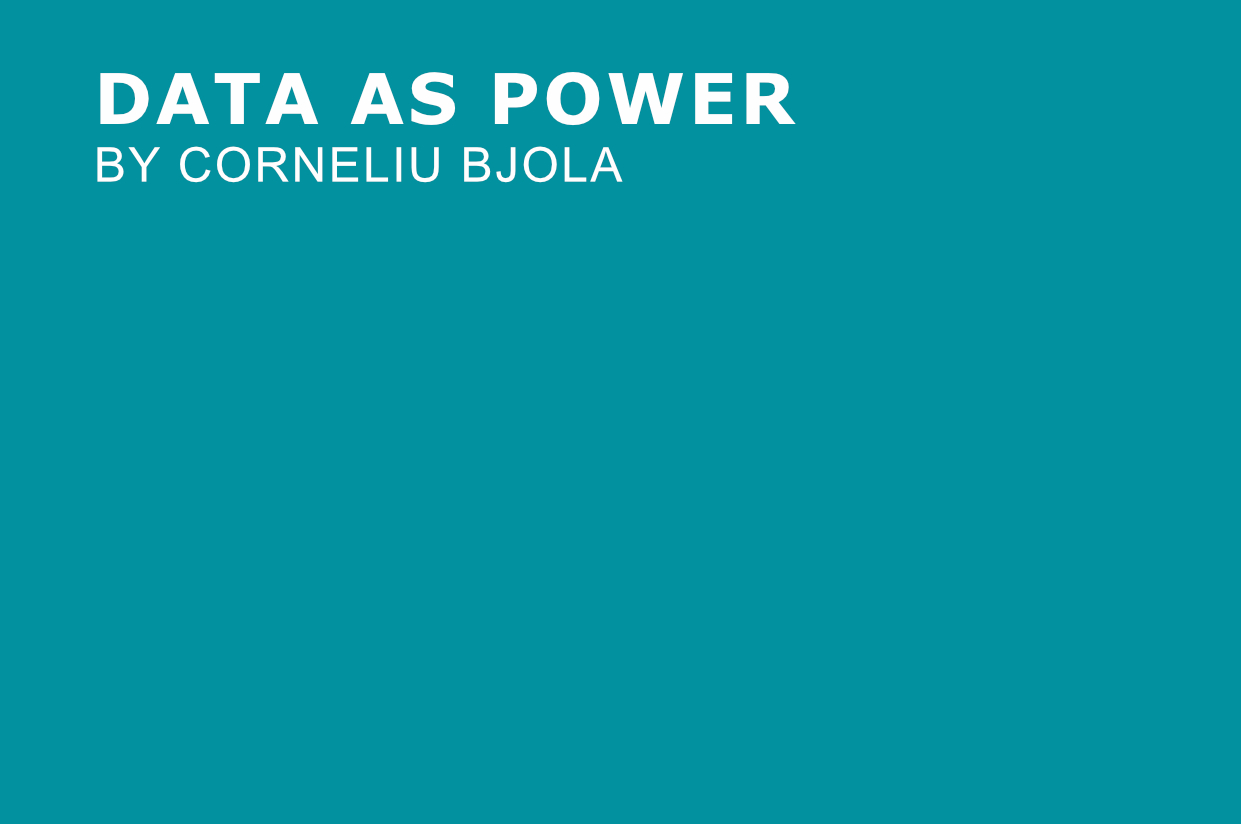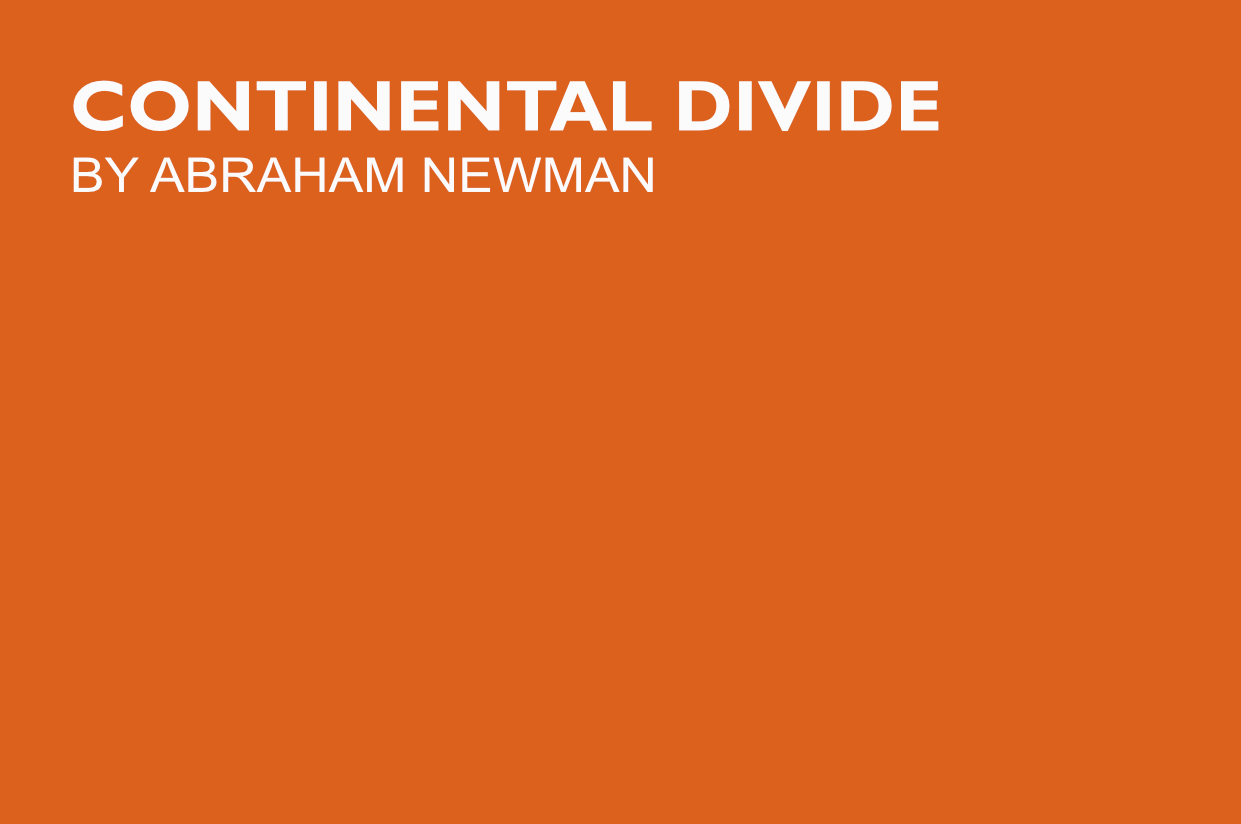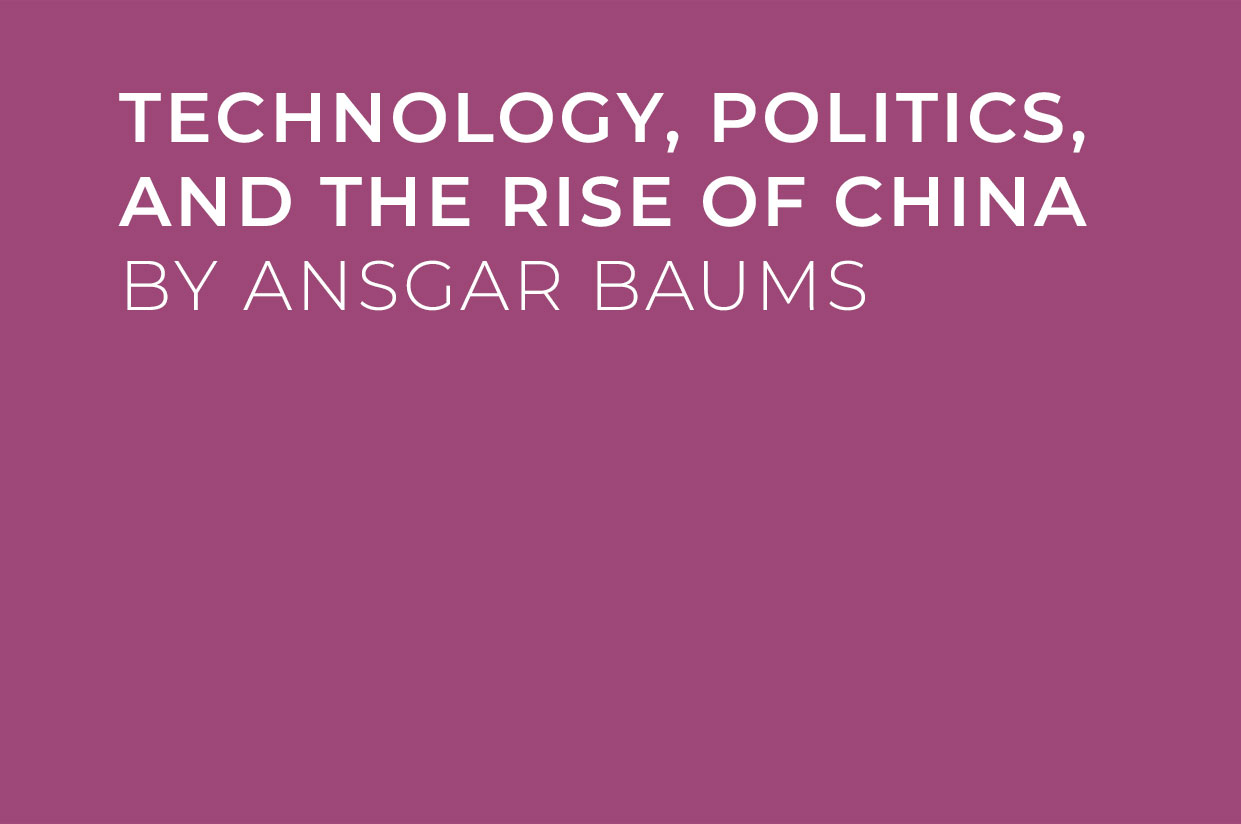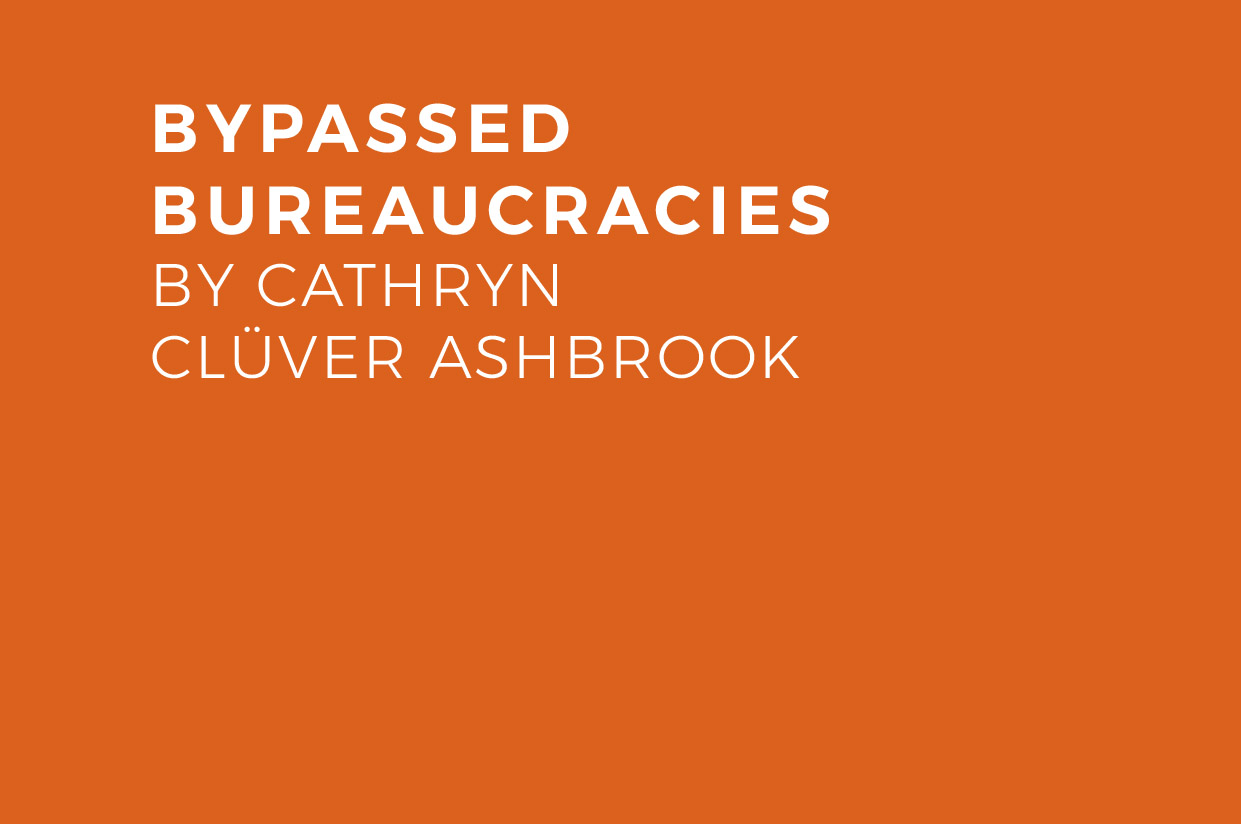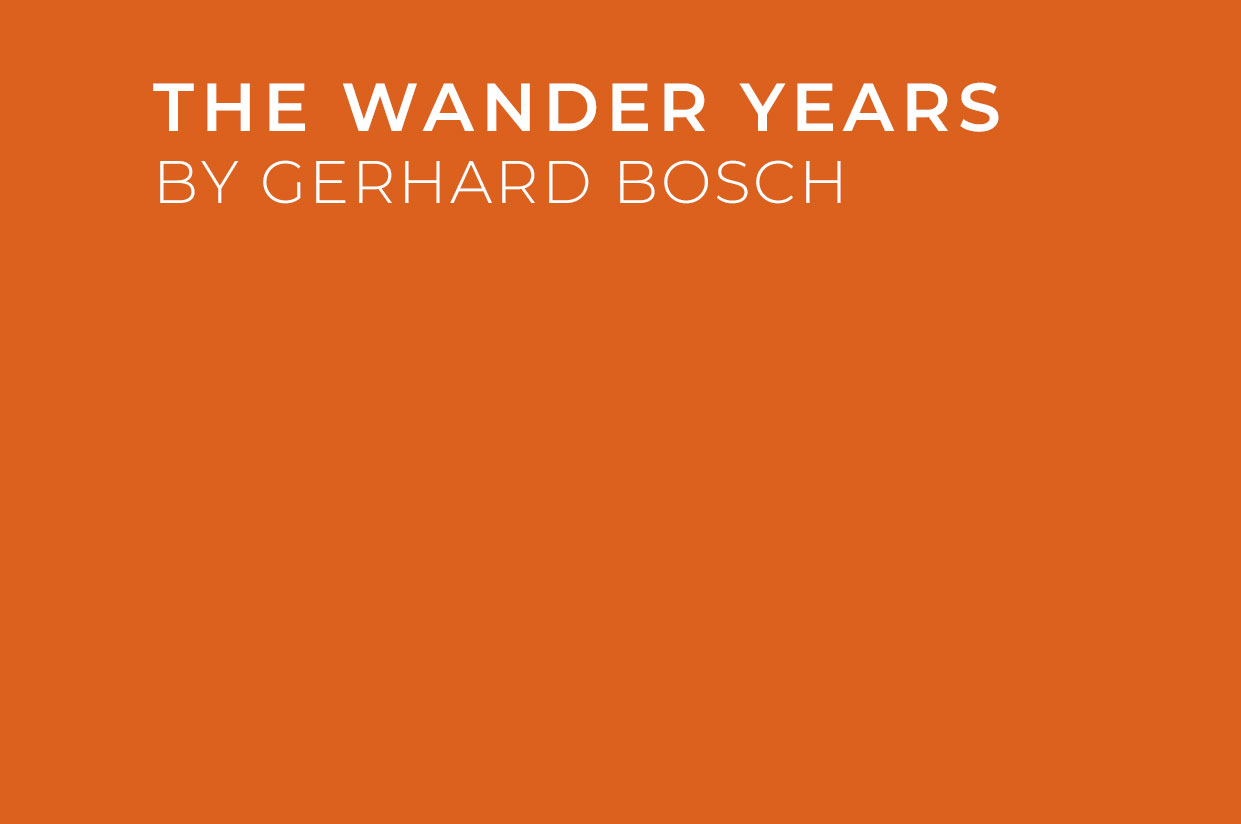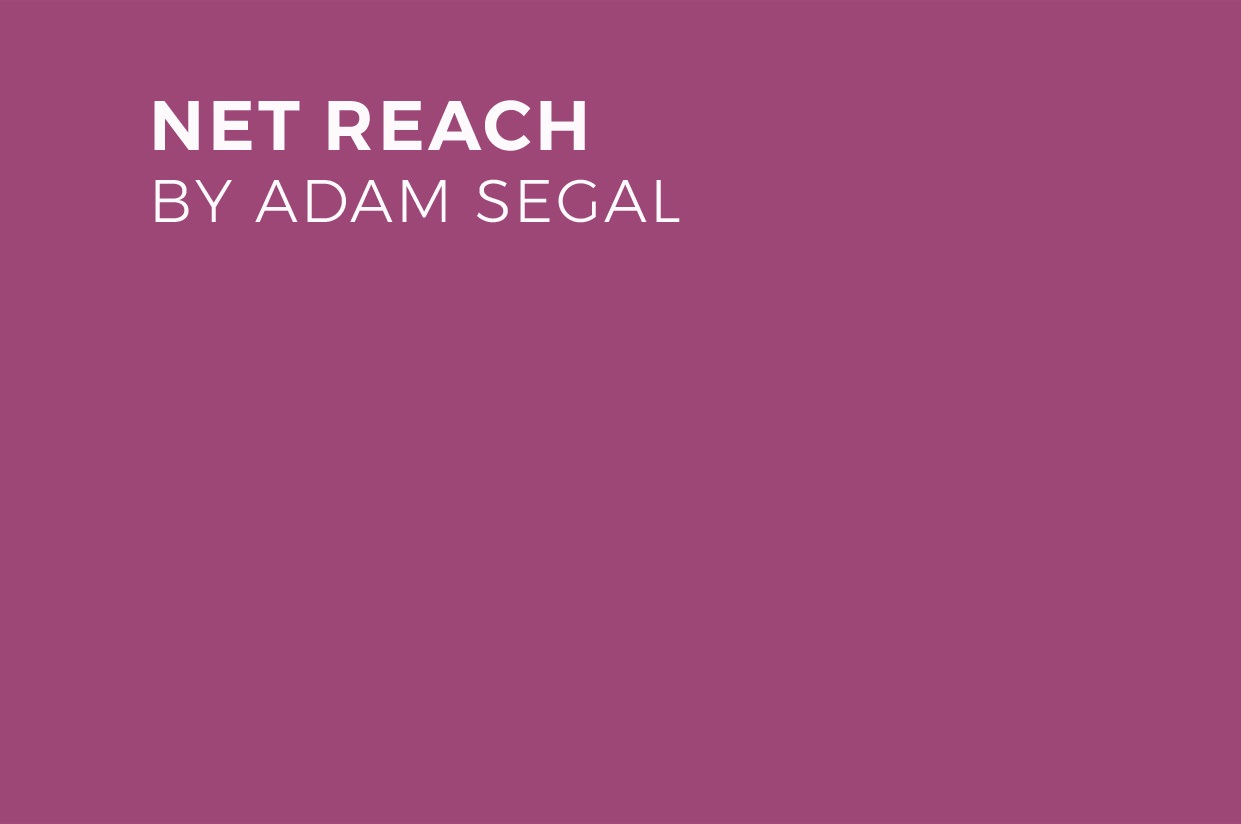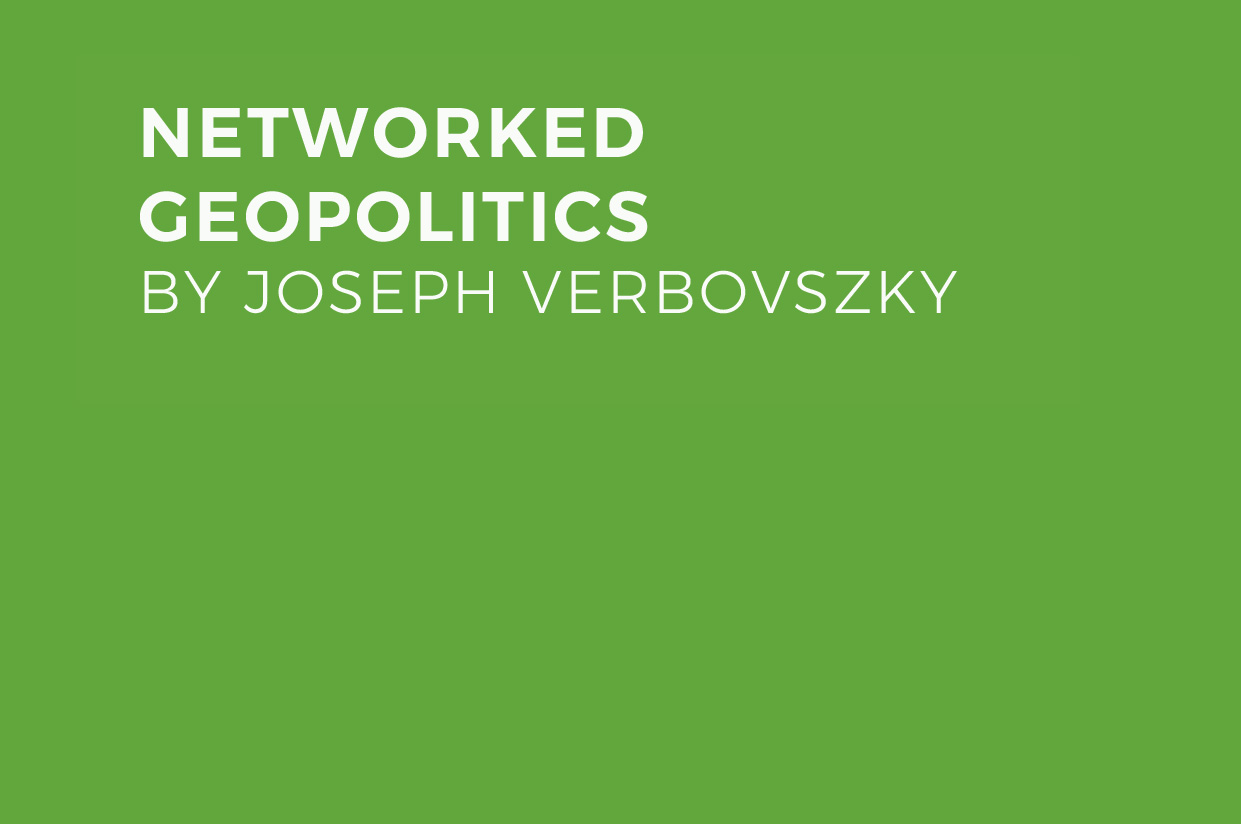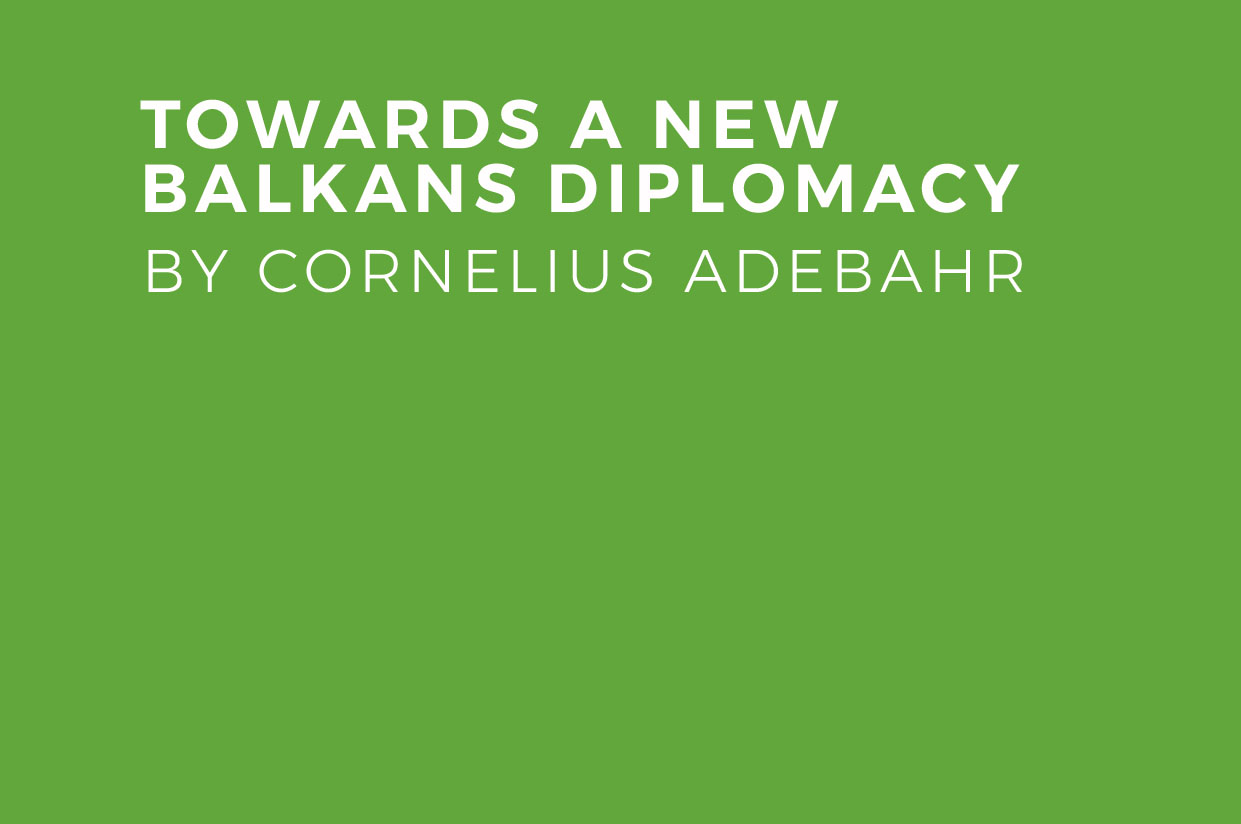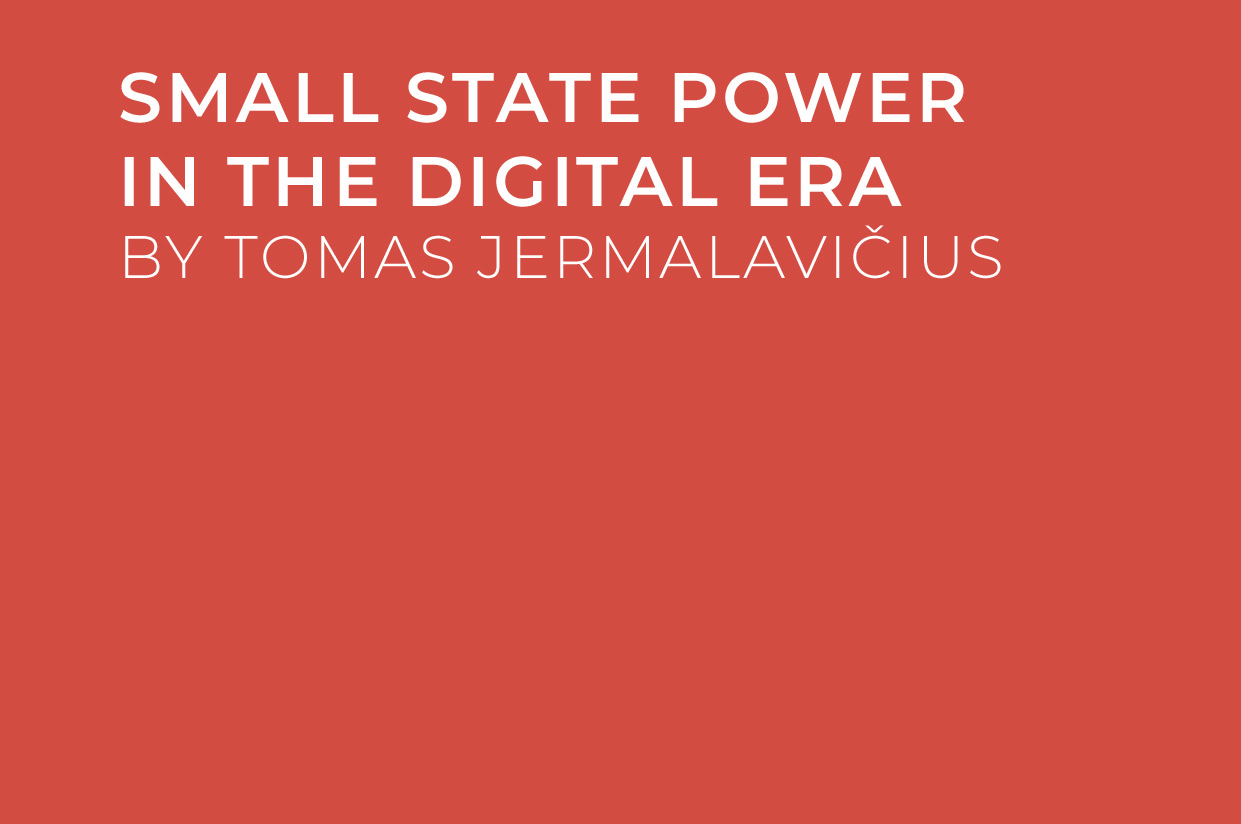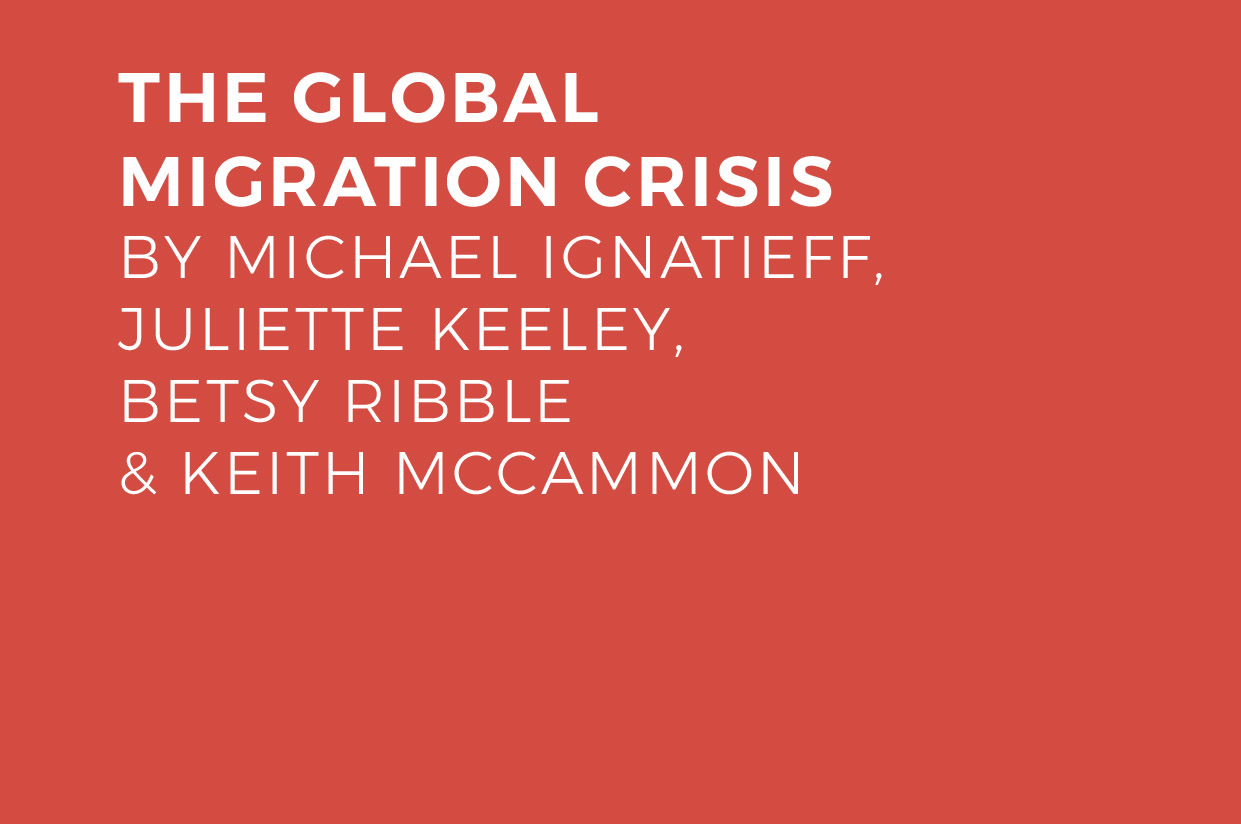
The Global Migration Crisis
The Global Migration Crisis
Across the globe, government officials, human rights and humanitarian groups are confronting a migration crisis of the first magnitude. The disarray following the Arab Awakening has unleashed boatloads of Near Eastern and African migrants heading toward Europe. Central American migration has overwhelmed the United States’ immigration system and become a major issue in both the courts and the upcoming presidential election. The same holds true with respect to flotillas of boat people making their way to developed parts of East Asia and Australia. Yet as the crisis mounts, a common problem has become the tendency of governments to treat the symptom—the refugees and migrants—as the problem, rather than tackling root causes of the migration outflows. The global legal framework, particularly the U.N. Refugee Convention, was developed after World War II and has been revealed to be badly obsolescent to deal with modern crises involving refugees, migrants, and internally displaced persons.
This session of the Holbrooke Forum, the first to be held in Washington, DC, took place from February 3 to 5 and was chaired by Harold Hongju Koh, Michael Ignatieff, and Nader Mousavizadeh. The Forum’s core question was, “What concrete political and legal steps should government and nongovernment officials in the world’s leading democracies, particularly Germany and the United States, be taking to address this looming crisis, and in doing so, how should they be educated by the past episodes that Holbrooke experienced and influenced?”
On February 5, 2016, the Foreign Policy program at The Brookings Institution hosted the American Academy in Berlin for the 2016 Richard C. Holbrooke Forum for a two-part public event focusing on the global refugee crisis. This public event took place at the close of a four-day workshop entitled “The Global Migration Crisis: Its Challenges to the United States, Europe and Global Order,” with a select group of legal and policy experts from around the world.
The first public discussion, “Moral Dimensions,” was introduced by Martin Indyk, Executive Vice President of the The Brookings Institution, and featured a discussion with Michael Ignatieff, co-chair of the Richard C. Holbrooke Forum and the Edward R. Murrow Professor of Practice at Harvard’s Kennedy School of Government; and Leon Wieseltier, the Isaiah Berlin Senior Fellow in Culture and Policy at the The Brookings Institution. Panel two, “Practical Solutions,” also moderated by Martin Indyk, included Beth Ferris, a research professor at Georgetown University and Nonresident Senior Fellow at The Brookings Institution; Bruce J. Katz, Centennial Scholar at The Brookings Institution; and Tamara Cofman Wittes, the Senior Fellow and Director of the Center for Middle East Policy at The Brookings Institution.
Download the workshop publication “The Refugee and Migration Crisis: Proposals for Action, U.N. Summit 2016.”

